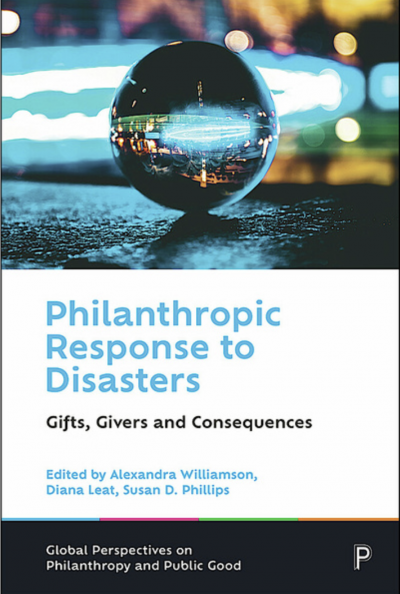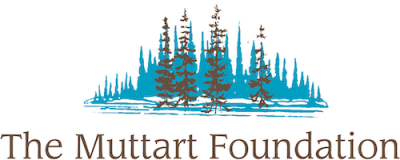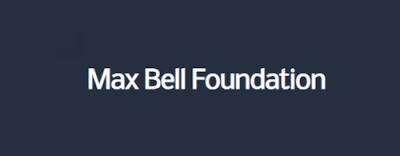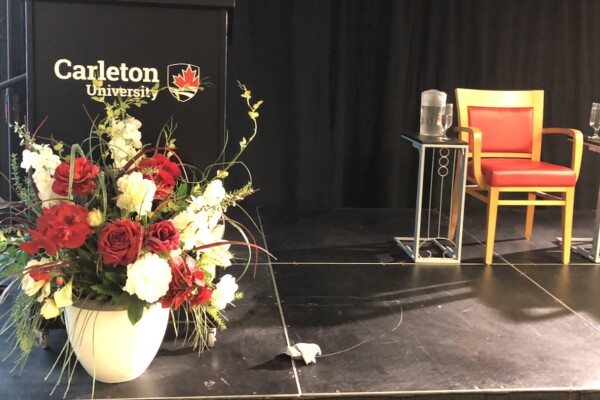Faculty Projects
Faculty members in the MPNL and DPNL programs are part of research teams in Canada and around the world. Below are recent initiatives.
1) Good News, Bad News: Two Decades of Gender Pay Gaps
Traditionally, women have been underrepresented in leadership roles in our sector, and they’ve been paid less than their male counterparts for doing the same jobs. New research examines differences in the compensation of male and female executive directors and chief financial officers in nonprofit organizations. The authors, including Carleton’s Nathan Grasse, use executive transition periods within organizations as an empirical strategy for isolating how gender impacts the salaries of two people who occupy the same role in the same organization. They analyzed compensation data on IRS 990 tax forms (publicly available forms completed by US nonprofit organizations) from the past two decades. The good news is that more women hold executive positions and that some types of gaps in pay within organizations are relatively small. The bad news is that larger differences in pay result from an over-representation of male executives in the largest and highest-paying nonprofits. The full article: “Some Good News, More Bad News: Two Decades of the Gender Pay Gap for Nonprofit Directors and Chief Financial Officers.”
2) “Philanthropic Response to Disasters: Gifts, Givers and Consequences,” a book published by Policy Press (2023)

Co-edited by Alexandra Williamson (Australian Centre for Philanthropy and Nonprofit Studies, Queensland University of Technology), Diana Leat (board member for ArtSquat and the Blagrave Trust), and Susan Phillips (MPNL program, Carleton University)
The book is a pioneering effort to collect established knowledge about all aspects of philanthropic responses to disasters in one condensed, informative and very readable volume. Published by Policy Press, the book is a step toward curating our existing knowledge in the emerging field of ‘disaster philanthropy’ and to building a robust base for future research, practice and public policy. Buy the book here.
3) The Charity Insights Canada Project (CICP)—Projet Canada Perspectives des Organismes de Bienfaisance (PBPOC)

CICP-PCPOB is supported by the Muttart Foundation, Lawson Foundation, Metcalf Foundation, Vancouver Foundation, and an anonymous donor. (Pour le français veuillez continuer ici.)
Led by Dr. Paloma Raggo, assistant professor in the School of Public Policy and Administration, with Dr. Susan Phillips as CICP-PCPOB’s policy lead.
This five-year, $3.4 million research project was launched in December 2022. Through weekly surveys, it collects and shares information about the Canadian charitable sector. The data generated supports the long-term economic viability, impact and resiliency of the sector by assisting policymakers in making evidence-based policy decisions, developing data capacity for practitioners, and expanding knowledge of Canada’s philanthropic and nonprofit sector. For more information, please visit CICP (in English) or PCPOB (in French).
4) Strategies for enhancing the financial sustainability of Canada’s charities

Social Sciences and Humanities Research Council of Canada Insight Grant, 2018-2022.
Susan Phillips, Nathan Grasse (Carleton University), Julia Carboni (Syracuse University), Iryna Khovrenkov (University of Regina), Tracey Lauriault (Carleton University), Jesse Lecy (Arizona State University) and Michael Lenczner (Ajah), with Christopher Dougherty.
Why are some charities more resilient to economic uncertainty than others? How can charities adapt to survive short-term fluctuations and long-term structural shifts in their funding environments? This study, begun before the COVID-19 pandemic, analyzes the dynamics of financing, networks and competition across subsectors of Canada’s charitable sector using annual tax return (T-3010) data. The research team has built a cleaned version of the T-3010 database of 86,000 charities from 2000-2017 that upon completion of the project will be available to other researchers. The project is producing a number of papers and reports.
5) Nonprofit long-term care
The devastating impact of COVID on residents of long-term care (LTC) homes reinvigorated calls to end for-profit ownership of LTC facilities and transfer responsibility to the nonprofit sector. In this study, Non-Profit Long-Term Care in Ontario: How Financially Robust Is the System?, we assess the financial health of nonprofit LTC homes, focussing on Ontario, and investigate differences among homes by age, size, religious/ethnocultural affiliation, and accreditation status. Led by PhD student Lisa Halpern, with Susan Phillips, Nathan Grasse and Allan Maslove (Carleton University).
6) Models of cross-sector leadership

Muttart Foundation and Max Bell Foundation.
Susan Phillips with PhD student and MPNL alumnus Christopher Dougherty, and Postdoctoral Fellow Megan Conway, with the assistance of MPNL student Hannah Van Hofwegen.

The Muttart Foundation and Max Bell Foundation initiated and supported a study and consultation on how Canada’s charitable and nonprofit sector might develop stronger cross-sector leadership so as to be effective participants in public policy and increase public awareness and understanding. Download the study here: Enhancing Policy Leadership for Canada’s Charitable and Nonprofit Sector, A Conversation Starter, Nov 2021, By Phillips et al. It identifies the strengths, shortcomings and tradeoffs of different models of sector leadership based on the international research literature and on experiences in Canada and elsewhere. It then poses a series of questions as a guide for sector leaders to assess how they would like to build and engage with a new leadership mechanism.
Photo credits: Parliament (Robbie Palmer); calculator (Stellrweb); two people (Katarzyna Grabowska); protestors (Ehimetalor Akhere Unuabona); and kangeroo with burned trees (Jo Anne McArthur).
More Faculty Projects:
-
Why Rich People Give
The Philanthropy and Nonprofit Leadership (MPNL) program, at Carleton University, hosted a PhilanthroThink webinar, “Why Rich People Give,” on Nov. 28, 2025. Below is a…
-
A New Book About Lessons in Philanthropy
Barb McInnes, co-founder and leader of the Ottawa Community Foundation for decades, was at the forefront of transformative work, creating new avenues for individuals to…
-
Book: “Philanthropic Response to Disasters”
“Philanthropic Response to Disasters: Gifts, Givers and Consequences” Edited by Alexandra Williamson, Diana Leat and Susan Phillips (2023) Philanthropic Response to Disasters: Gifts, Givers and…
-
“Intersections & Innovations”: A Book about Our Sector
Edited by Dr. Susan D. Phillips (MPNL Program Supervisor) and Bob Wyatt (President of the Muttart Foundation and MPNL alumnus), “Intersections and Innovations” is a…



